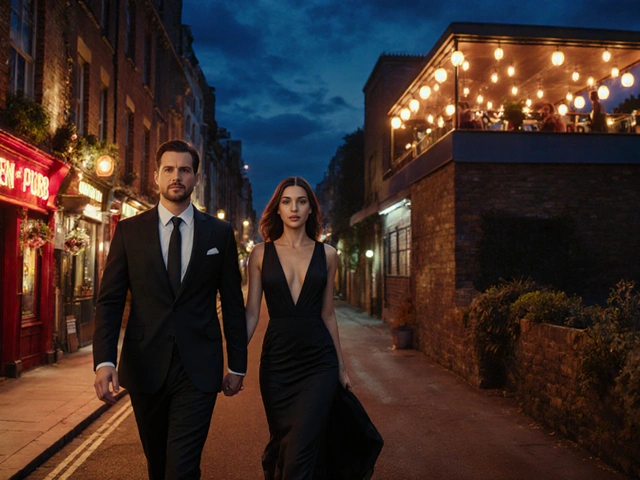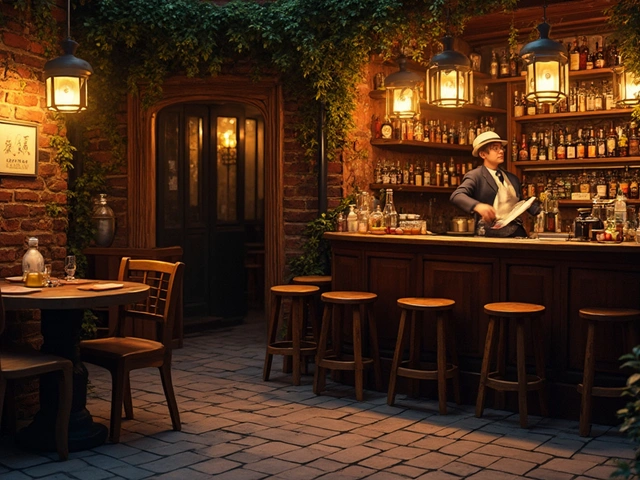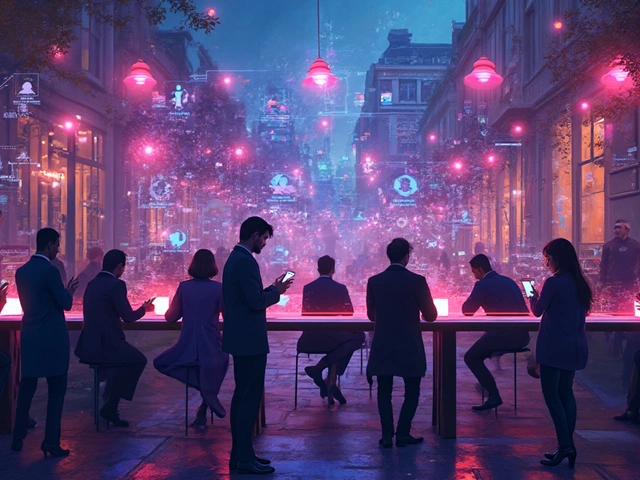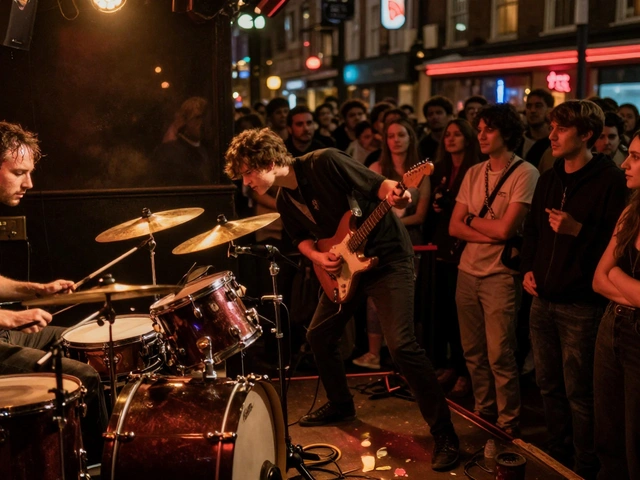British Comedy History
When talking about British comedy history, the long‑term development of humor in the United Kingdom, from music‑hall sketches to streaming sitcoms. Also known as UK comedy timeline, it shows how cultural shifts, media changes, and audience tastes interact. British comedy history isn’t just a list of jokes; it’s a record of how comedy reflected politics, class, and everyday life.
Key Milestones and Related Worlds
The story encompasses stand‑up comedy, the solo performance style that exploded in the 1970s and now dominates club nights across London. It also includes British sitcoms, television series that turned domestic settings into comedy gold, from "Fawlty Towers" to "The Office". Both stand‑up and sitcoms rely heavily on comedy clubs, venues that host live acts and serve as breeding grounds for new talent, linking the stage to the screen. The BBC’s comedy department, a major BBC comedy hub, has historically funded sitcom pilots and stand‑up specials, demonstrating that British comedy history influences broadcast programming.
Understanding this timeline helps you see why a night out in Shoreditch might involve a club like Electric Brixton that books live comedy nights, or why a viewer still streams classic sitcom reruns on streaming platforms. The posts below pull together practical tips on navigating London’s nightlife, from club entry hacks to safe escort bookings, all of which share the same backdrop of British humor in the city. Below you’ll find guides that blend the comedy scene with nightlife advice, giving you a full picture of how humor shapes social experiences in London today.
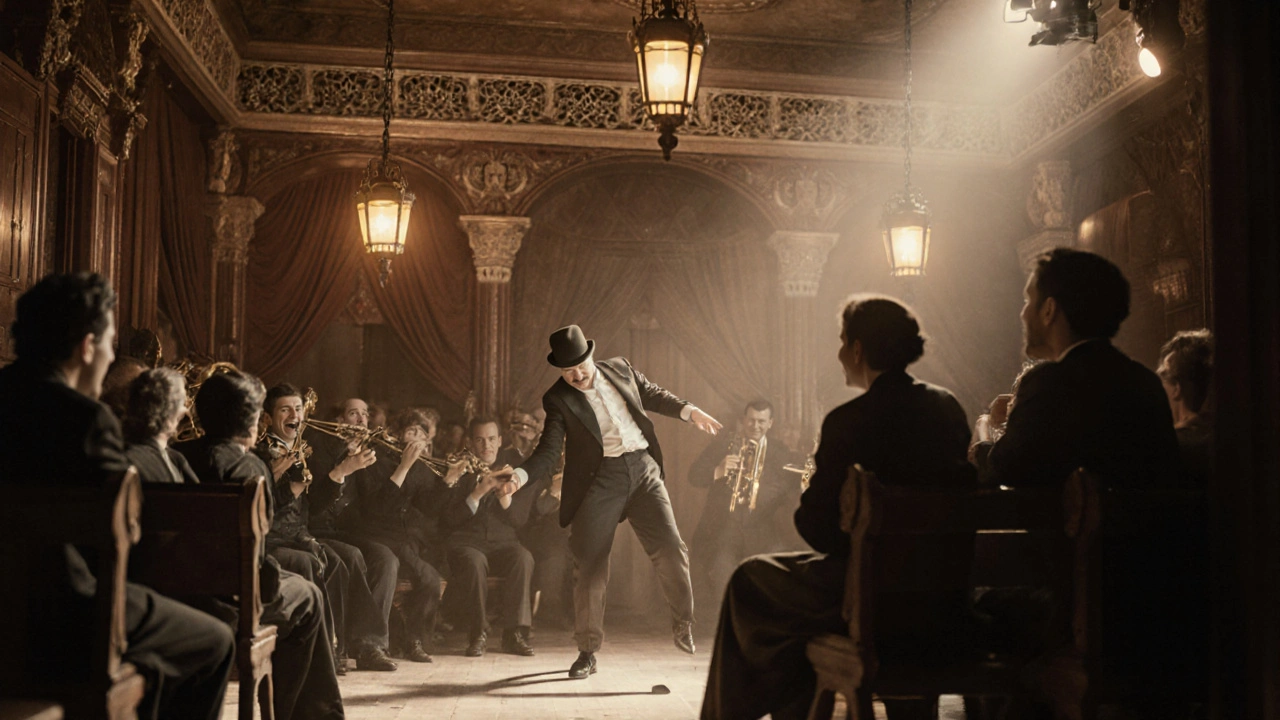
- Oct 24, 2025
- Posted by Oliver Ashcroft
London Comedy Evolution: From Vaudeville Stages to Netflix Hits
Explore how London comedy grew from 19th‑century vaudeville stages to today's Netflix hits, with local venues, streaming tips, and future trends for city fans.

